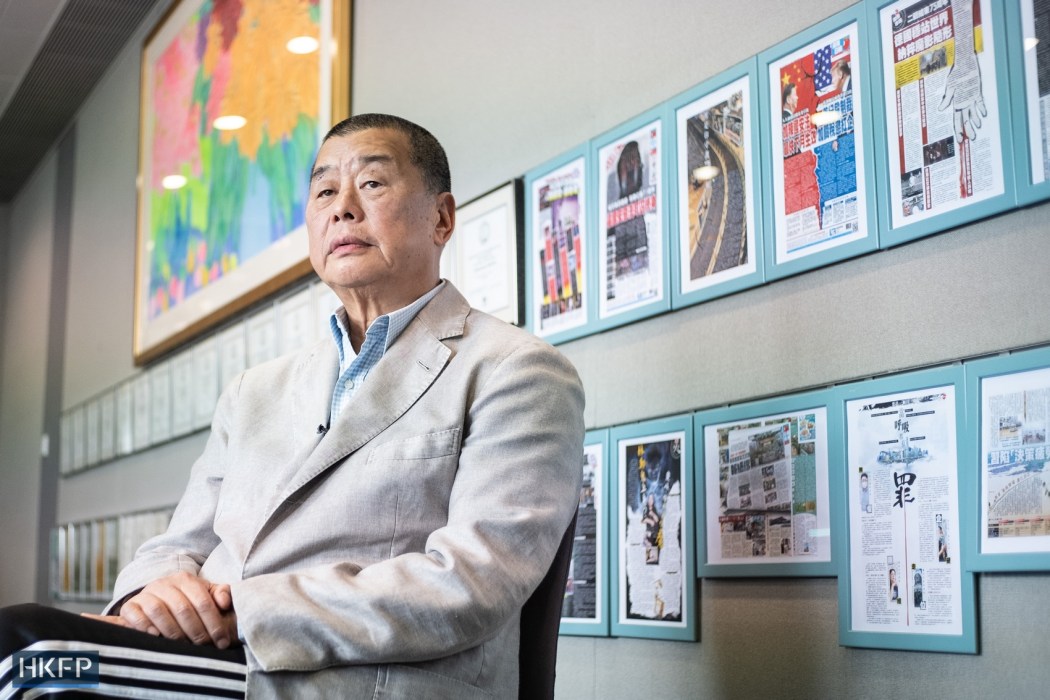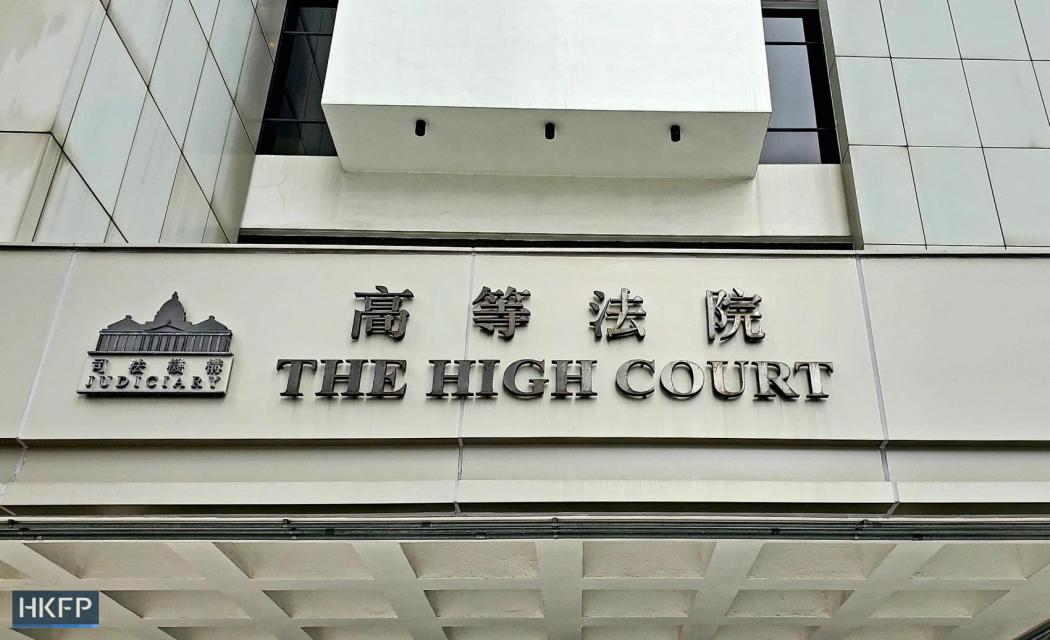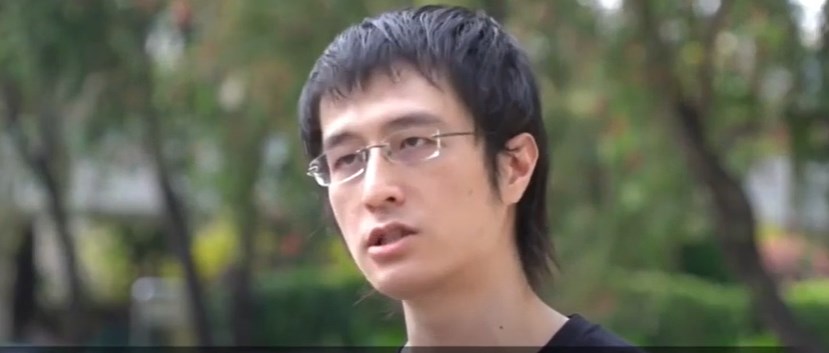A Hong Kong court has suggested postponing the high-profile trial of pro-democracy media tycoon Jimmy Lai once again to December, when one of the handpicked judges is expected to have finished presiding over another landmark national security case involving 47 democrats.

The closely-watched trial of the founder of the defunct newspaper Apple Daily is set to begin on December 18 and is expected to last for around 80 days, a panel of three High Court judges said on Friday during a pre-trial review of the case.
The rescheduling of the trial, which was supposed to begin last December before being adjourned to September, was to ensure that national security Judge Alex Lee would be done with another national security trial before the start of Lai’s case. The court would break on December 22 for Christmas and resume hearing the case on January 2, 2024, Judge Esther Toh said.
The 75-year-old media tycoon originally faced four charges: two counts of conspiracy to collude with foreign forces and one count of collusion with foreign forces under the security law, and one offence linked to allegedly seditious publications.
The collusion charge has been left on court file, meaning that while the prosecution reserved the right to proceed with the charge, it could not do so without a judge’s permission.
Representing Lai, barrister Steven Kwan told the court that an “important player” of the defence team, Senior Counsel Robert Pang, may not be available between January and March next year. He would have to contact the lawyer – whom he described as indispensable – to confirm the trial date, Kwan said.
“All counsels are important players. This is a very long trial… we did not want any more delays,” said Toh.

Lai was first arrested under the national security law in early August 2020, a little over a month after the sweeping legislation came into force on June 30 that year. He was formally charged in December 2020 and has been detained since then.
Lai’s case had sparked a string of legal debates which have led to unprecedented court decisions, including establishing that national security defendants would be subject to a more stringent bail threshold.
On Friday, Lee said the defence plan to challenge the six-month time limitation of pressing the sedition charge against Lai was “reasonable,” adding that the court would have to resolve the issue before Lai formally entered his plea.
Lead prosecutor Anthony Chau told the court on Friday that there were 4,000 to 5,000 pages of Chinese documents currently being translated into English. He estimated the translation would be completed in late September.
Activist Andy Li and paralegal Chan Tsz-wah, who pleaded guilty almost two years ago to conspiring with Lai to commit foreign collusion, are set to testify against him at the trial, the prosecutor revealed. Subject to the evidence the pair gives in court, the defence may call an expert witness relating to the use of messaging app Signal, Kwan said.
The High Court ordered in September last year that Lee and Chan would face sentencing after the completion of Lai’s trial.
The defence informed the court that Lai would likely seek clarification from the judges on whether evidence dated before the enactment of the national security law was admissible.

The media tycoon, who is currently serving a five-year-and-nine-month prison term for fraud, sought to hire British barrister Timothy Owen to represent him in the trial. Owen’s admission prompted debate over whether overseas counsels not qualified to practise in Hong Kong should be allowed to take part in national security cases.
The controversy eventually led to the first-ever interpretation of the national security law by China’s legislature last December, which confirmed that the chief executive and Hong Kong’s Committee for Safeguarding National Security had the power to decide on the matter.
Lai was ordered earlier this month to pay the cost of his “unreasonable” litigation conduct concerning two failed legal challenges linked to Beijing’s interpretation.
In June 2020, Beijing inserted national security legislation directly into Hong Kong’s mini-constitution – bypassing the local legislature – following a year of pro-democracy protests and unrest. It criminalised subversion, secession, collusion with foreign forces and terrorist acts, which were broadly defined to include disruption to transport and other infrastructure. The move gave police sweeping new powers, alarming democrats, civil society groups and trade partners, as such laws have been used broadly to silence and punish dissidents in China. However, the authorities say it has restored stability and peace to the city.
Support HKFP | Policies & Ethics | Error/typo? | Contact Us | Newsletter | Transparency & Annual Report | Apps
Help safeguard press freedom & keep HKFP free for all readers by supporting our team























